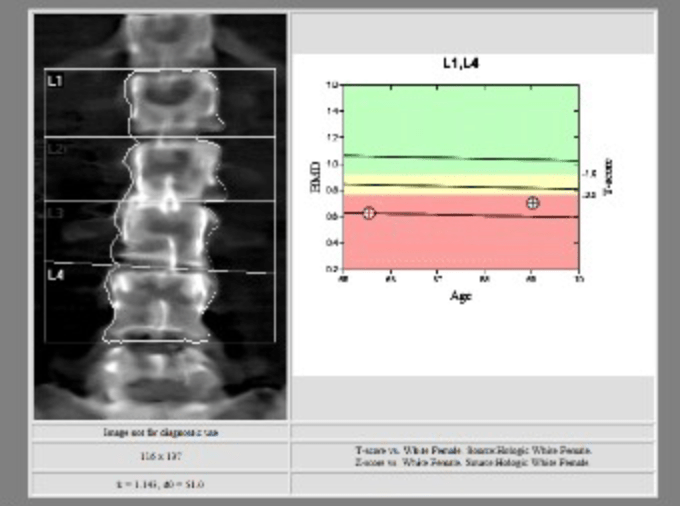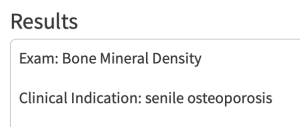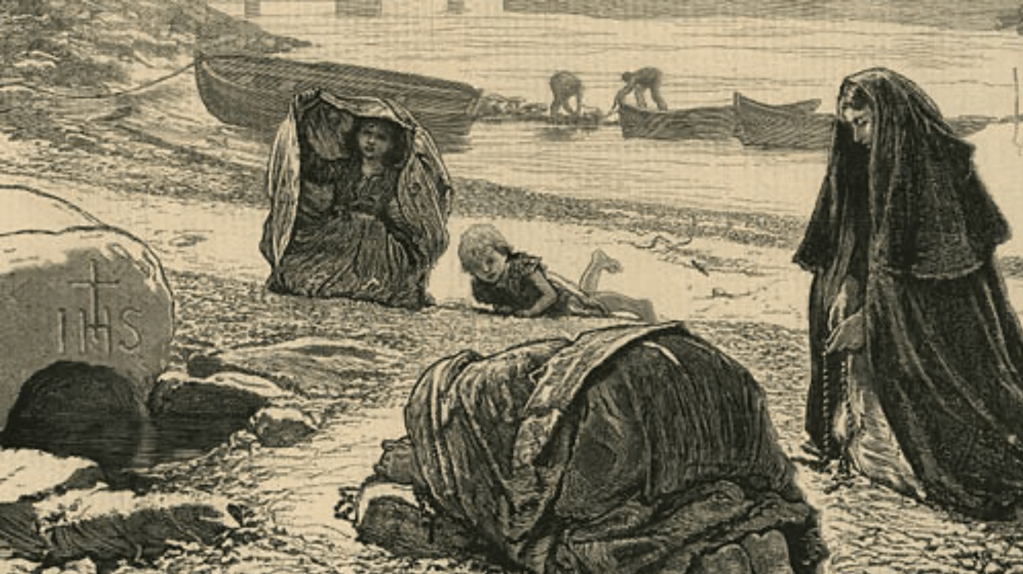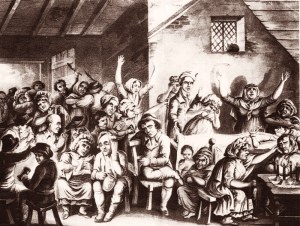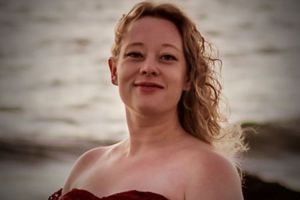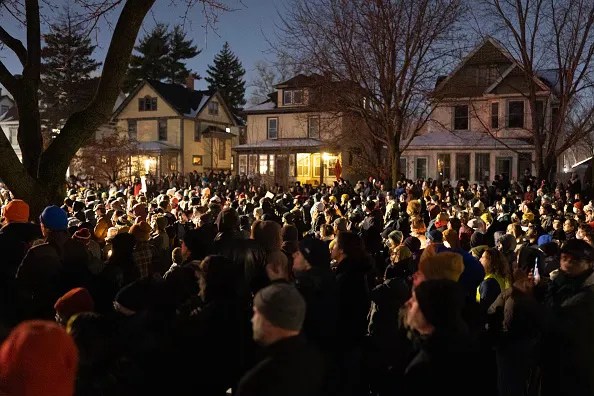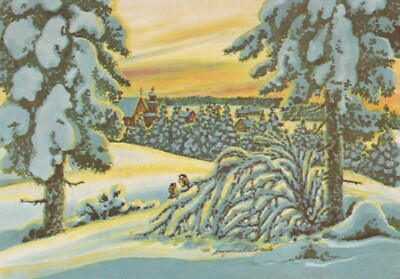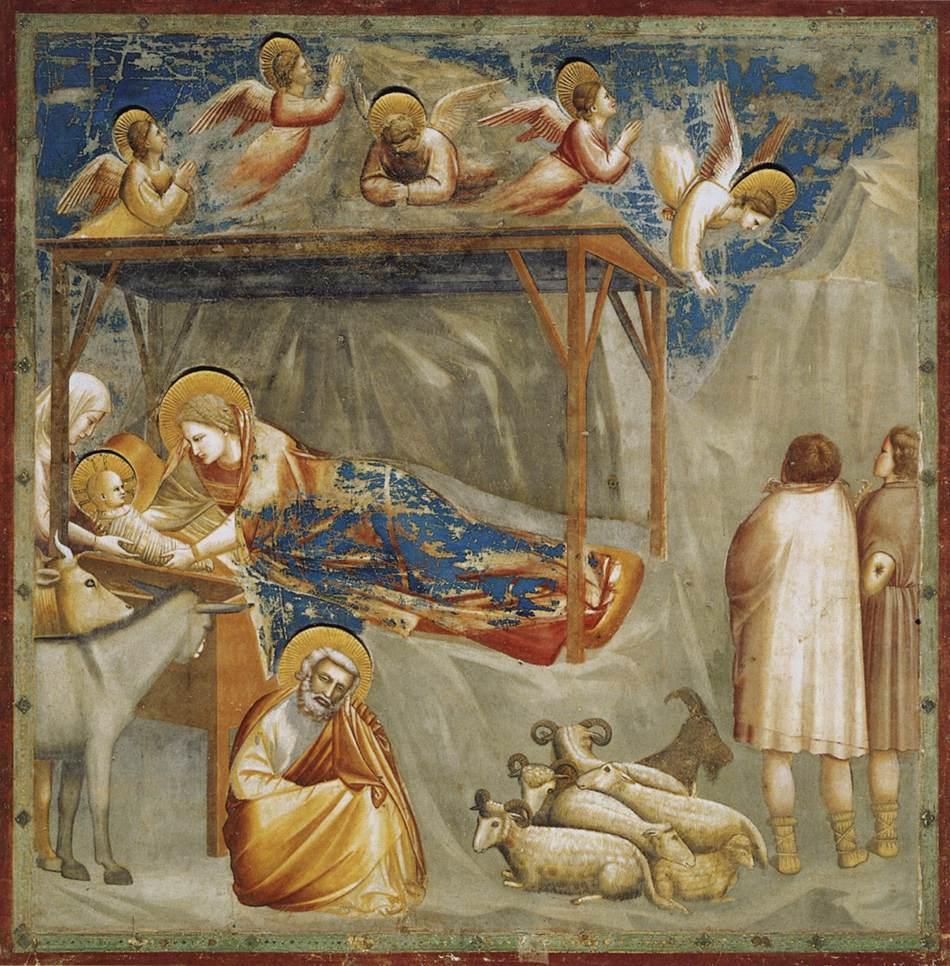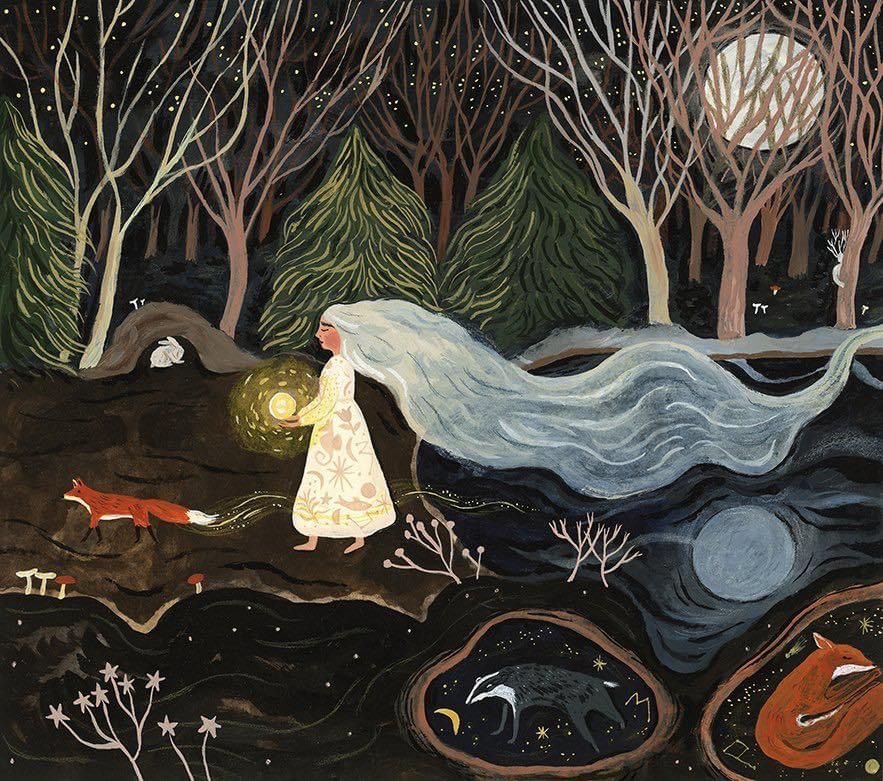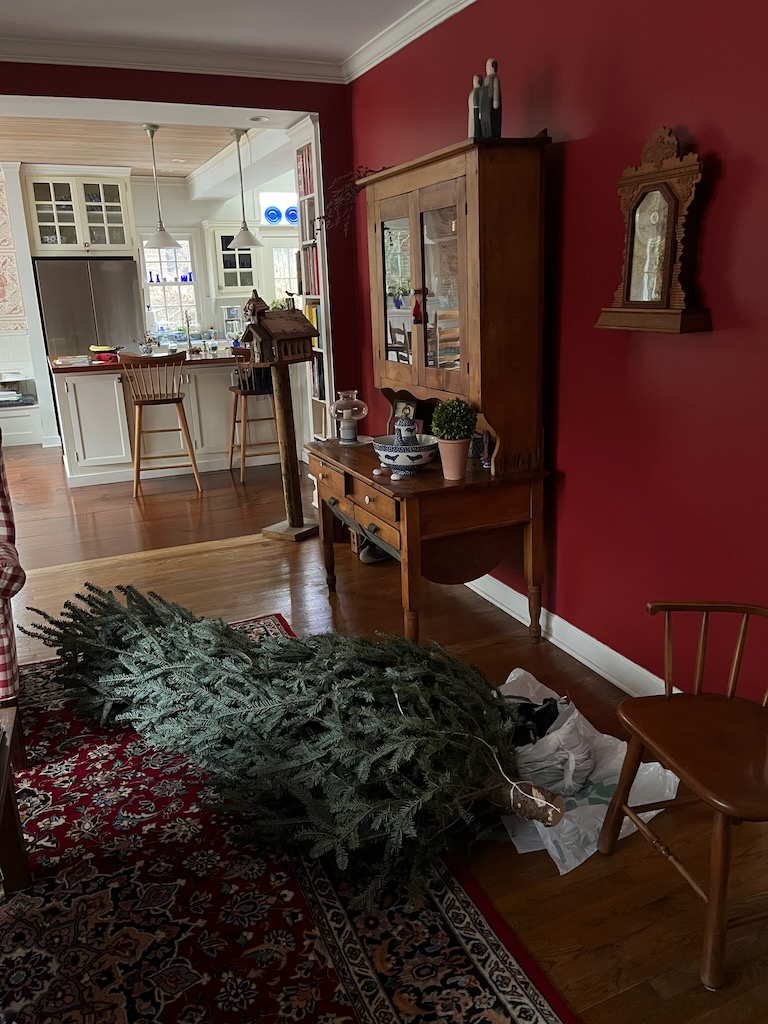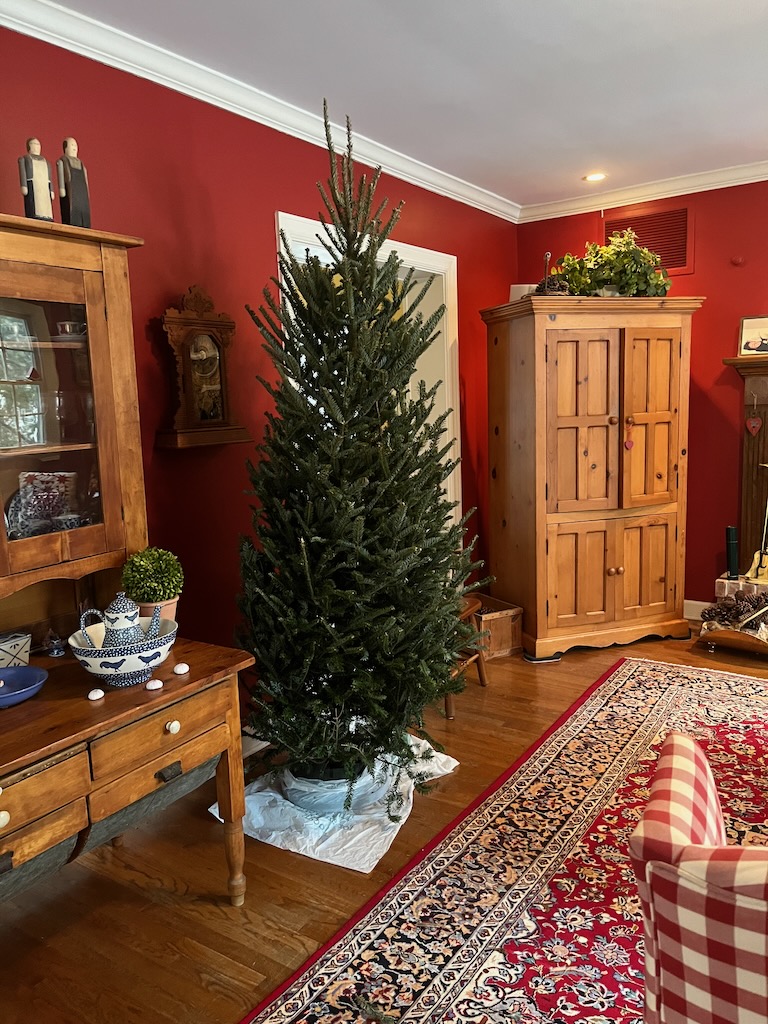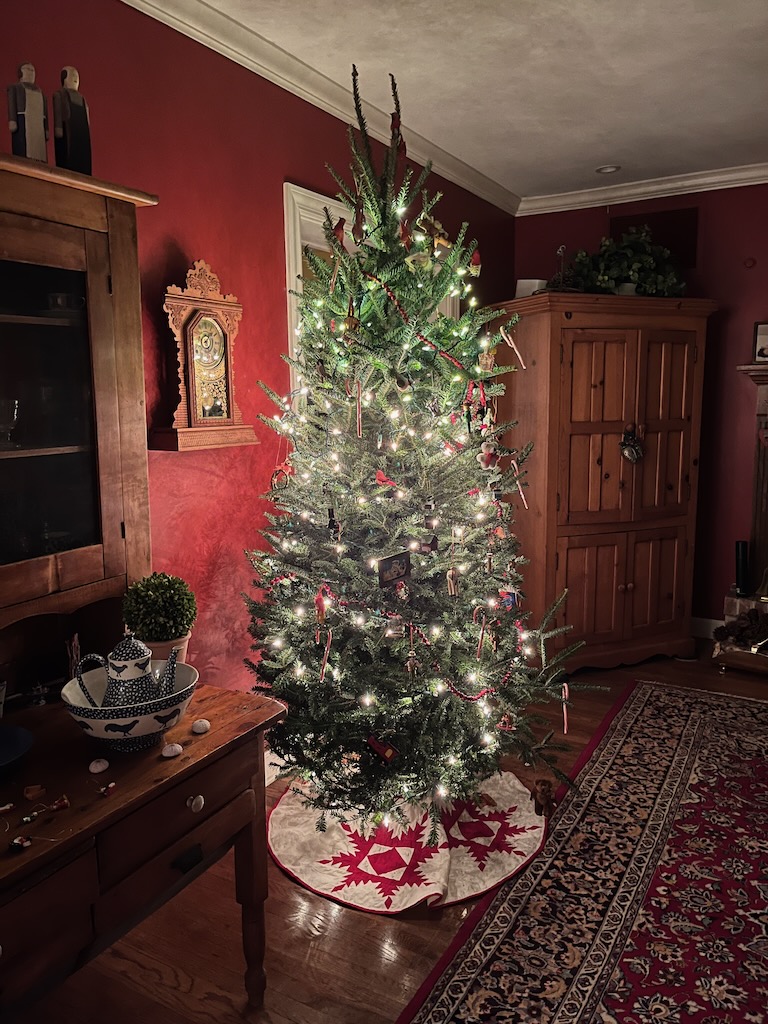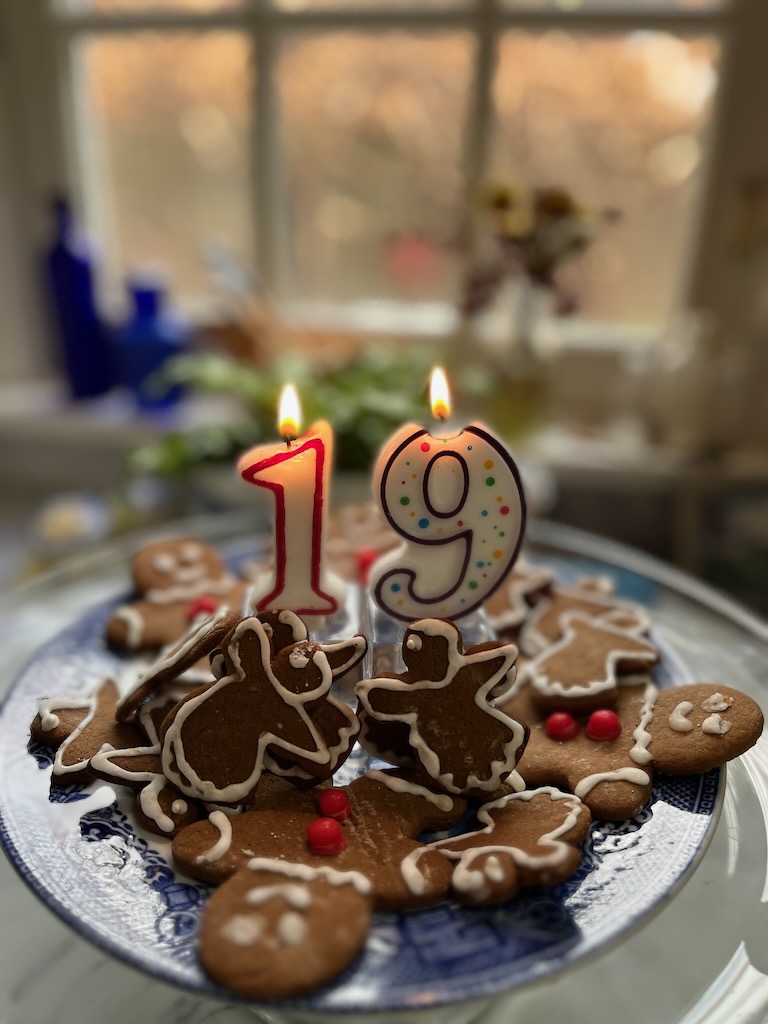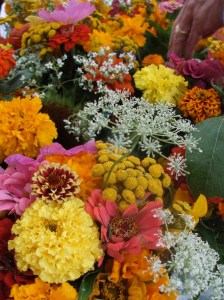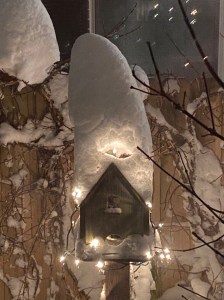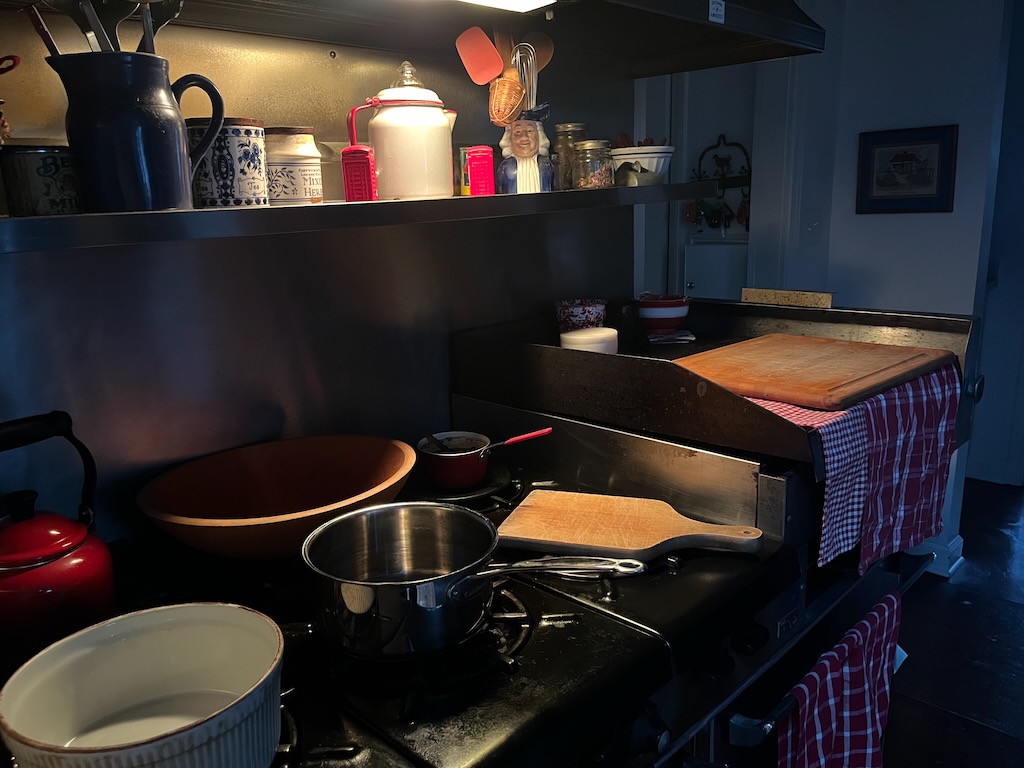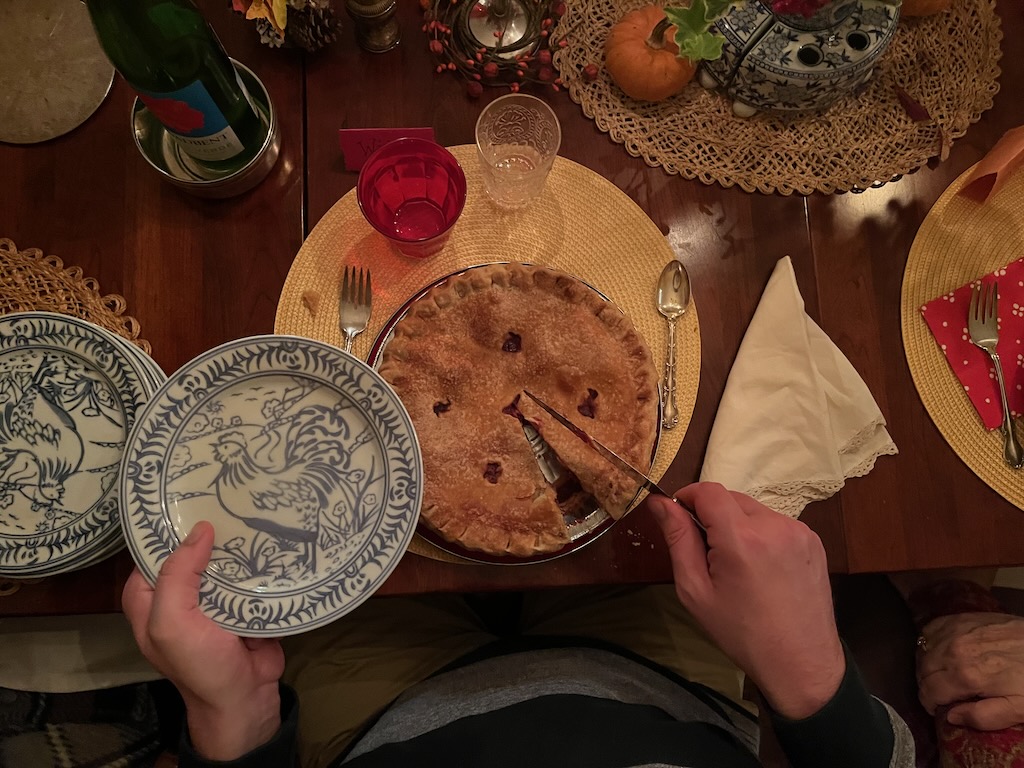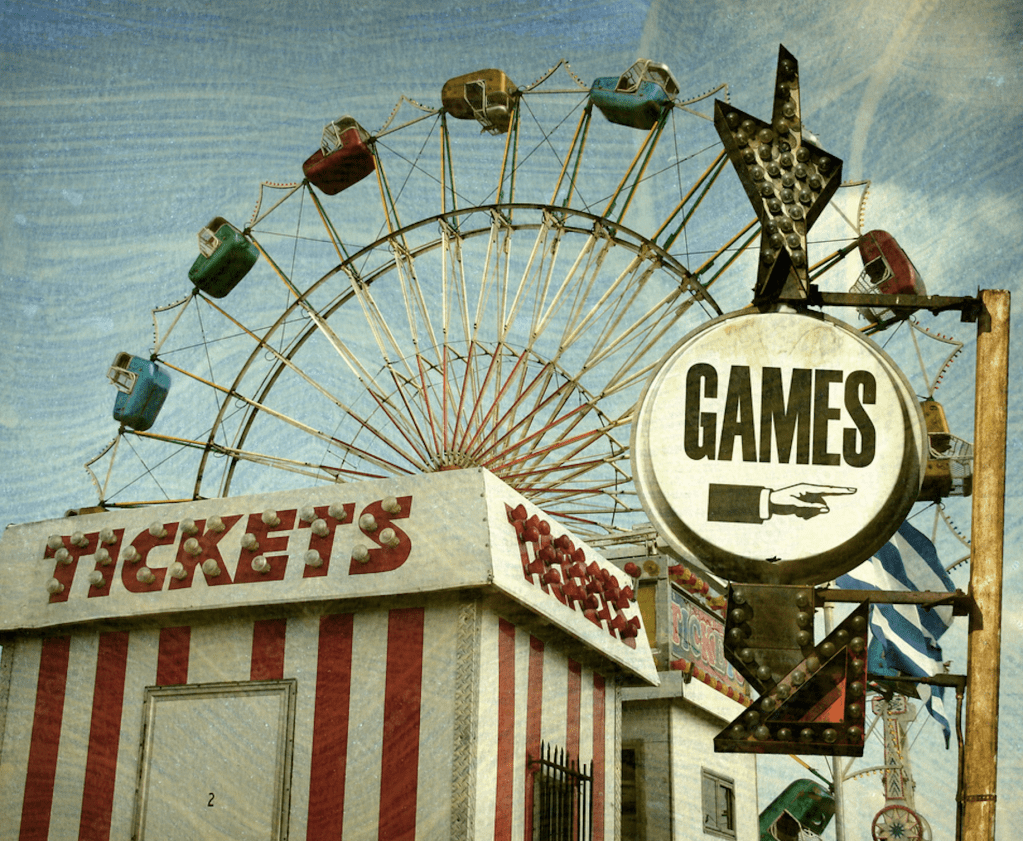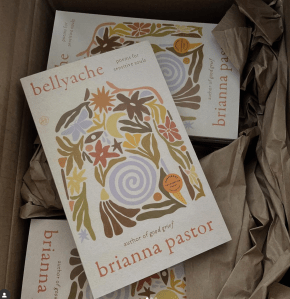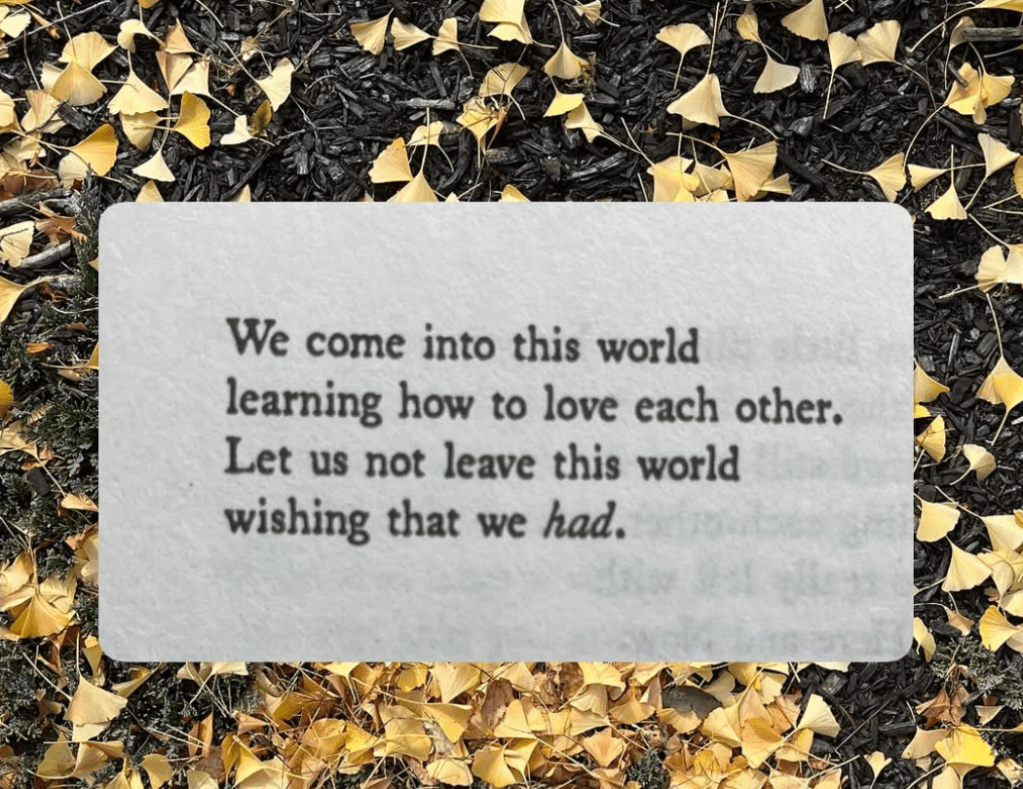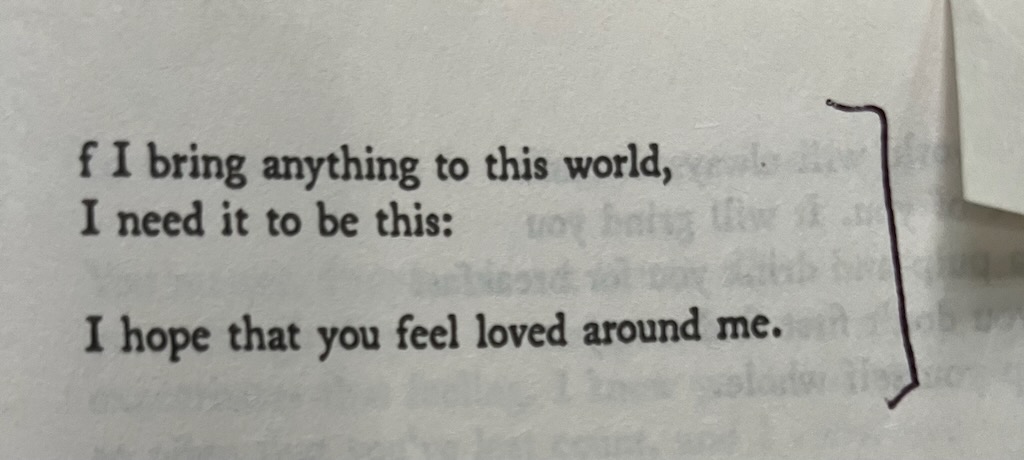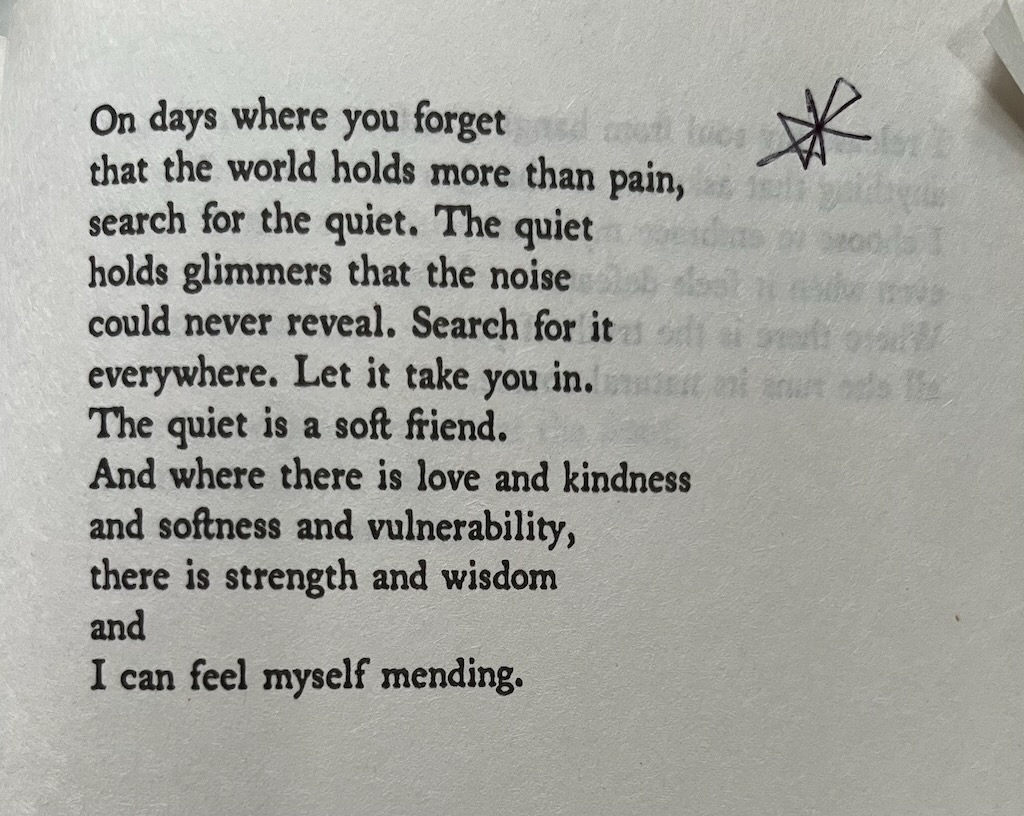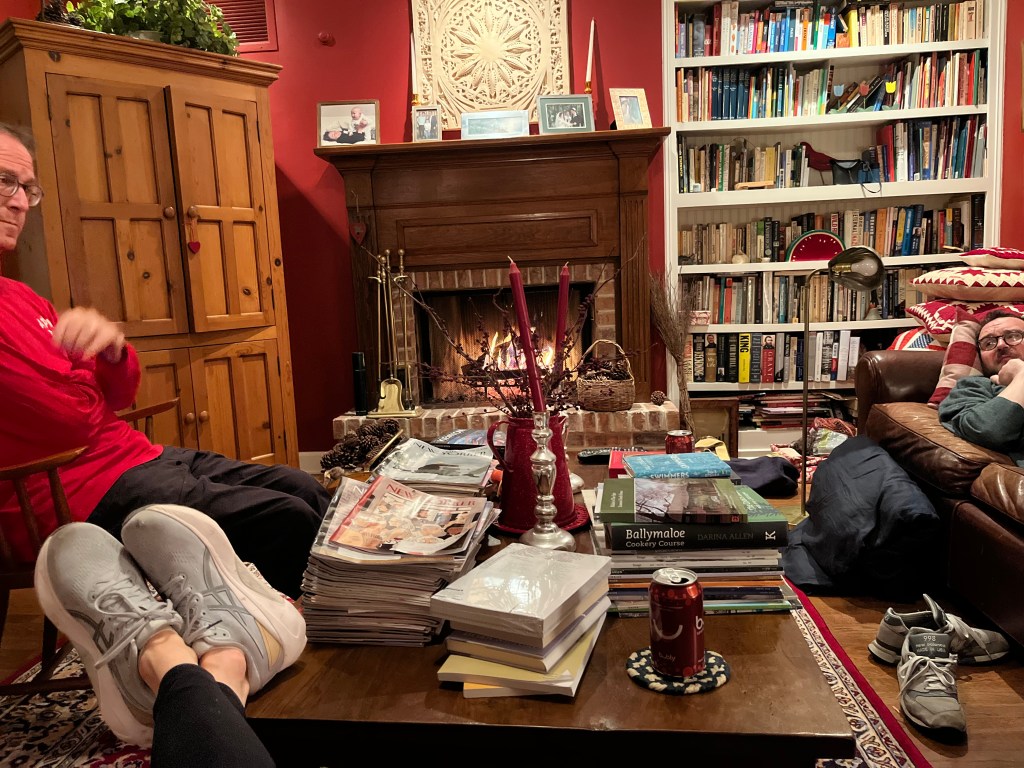undocumented deficiency: medical thesaurian urgently needed
in which we duck out from the horrors of this tinderbox world—for just a moment’s pause—to unfurrow our overworked brows, breathe out the voluminous tensions, and inject a brief interlude of jocularity into the day. in other words, to laugh a bit when we might otherwise weep, because even in—especially in—these times that try the soul, we must exercise the human capacity for humor. science now tells us (with tape recordings to prove it) that even baboons giggle and guffaw. though we might still be the only species who knows just how to tell a joke.
and sometimes life just makes you laugh…
thus, and herewith, i benevolently offer my linguistic services to those in the medical world whose lexicon is so severely lacking and ill-equipped in the adjectival realm. i beg consideration for my application to a most necessary, and clearly overlooked post: that of human medical thesaurus, aka thesaurian.
for your adjectives, dear doctor world, are limpid, frail, and just plain rude.
it’s come to my attention (abruptly so) that those who peer into our every sinew and synapse might well be adept at pinpointing our deficiencies and odd bits, but the lack of gentility in affixing descriptors to those diagnoses is so sub-par that we’re left gasping, listing toward the cold hard floor.
case in point: just yesterday morning, when word arrived that my latest bone scan report (after a year of monthly pokes in both arms, in hopes of building up my chalky bones into something more substantial), had been filed by the radiologist, and was ready for viewing, i opened said report and nearly toppled.
there, in black and white, the impolite and overwrought label they’d pinned to my condition: not only was i osteoporotic in the extreme, they went one descriptor further, dipping deep into their shallow pool and dubbed my affliction, senile osteoporosis.
senile? really? how ‘bout just plain forgetful (as if a bone, the ossification of calcium and protein, contained capacity for confusion)? i looked it up just now, and see that the term is applied to “a long-standing imbalance.” (it gets worse the deeper i dig….)
now, i might be daffy, and i might lose track of why i’ve walked to the pantry, or climbed down the basement stairs, but i’ve otherwise no hard evidence that i’ve been pushed into the realm of the senile. i can recite my name, birthdate, and at least four times out of seven i’m likely to know which day of the week it is. i’m older than i was (aren’t we all, all of us who can read these words), but am i now old enough to be objectively labeled senile in any way, shape, or bone form?
apparently so.
my bones, no longer merely osteoporotic; they’re now flimsy with a side of senility.
and, mind you, this is not my first go-round with doctors’ adjectival idiocy.
a quarter-century ago, when i found myself miraculously (though not immaculately) “with child” at 44, after eight years of futility, infertility, and heartbreak, the good obstetrician looked hard at the ghostly image from inside my womb, and confirmed my condition. but, no, she didn’t just proclaim me pregnant, plain and simple. oh no. she couldn’t leave well enough alone—this ebullient news that me and my last little egg had defied ALL odds and were forging ahead gestationally.
no, she and the medical world in all its lexicographic obsolescence tethered yet another adjective to my case. i was, forthwith and from that day on, the proud custodian of my very own “geriatric pregnancy.”
perhaps realizing the arthritic creak in those words, my beloved OB-gyne coined yet another way to phrase it, and every time she burst into the wee exam room, my belly bulging by the month, she greeted me as if borrowing from a swashbuckler’s or a swindler’s saltiest address: “you old mother!!” the words she swung my way.
in the journalism biz, the one in which i traded for some three roller-coaster decades, there’s a faulty maxim that if you can find two points and a draw a line between, you’ve got what’s called “a trend.” so let’s say we’ve got one here, one worthy of consideration and at least a dash of commentary.
the common tie between the two aforementioned adjectival assaults seems to be age, as in old age. as in a prejudicial slant not favoring those of us who’ve accumulated years.
as opposed to theologians and philosophers who seem at least cognizant of the wisdoms so acquired, the medical among us seem hellbent on shoving us into the aged cage. my futzy bones aren’t just futzy, they’re senile futzy. my pregnancy at 44 wasn’t purely gift from on high, its medical moniker inspired images of bent and wrinkled me shuffling into delivery, unable to hoist myself upon the bed, let alone shimmy into birthing hardware (aka those unforgiving cold metal stirrups).
i’d like to remind those in the naming department of medicine’s world headquarters that sometimes the assaults on our little old selves are plenty enough, without them playing pin-the-nasty-name-on-the-doddering-old-soul.
a bit of dignity is all we ask. slight consideration for how it might read to those of us who don’t fling such hard-edged modifiers willy-nilly and with abandon. discovering that all those shots did not one thing to make me stronger, nor lessen at all the chance that should i slip i’ll shatter, that alone was plenty sobering.
did you really need to top it off with a good fat dollop of senility?
next thing i know you’ll tell me i’m a geriatric mother. oh, wait, you told me that. . . twenty-five short years ago.
have you ever been pinned with a medical moniker that might do well with a spin through the softening machine? or, more broadly, did anything find you giggling this week, or simply, plainly amused?

